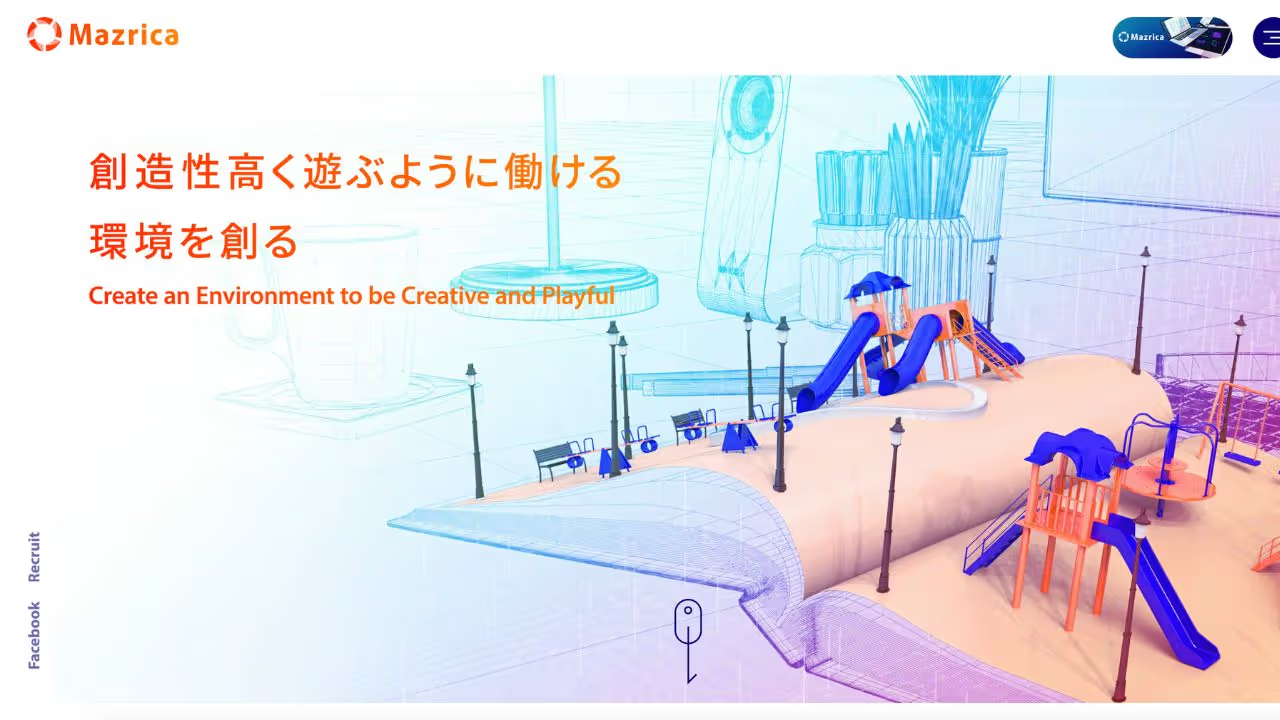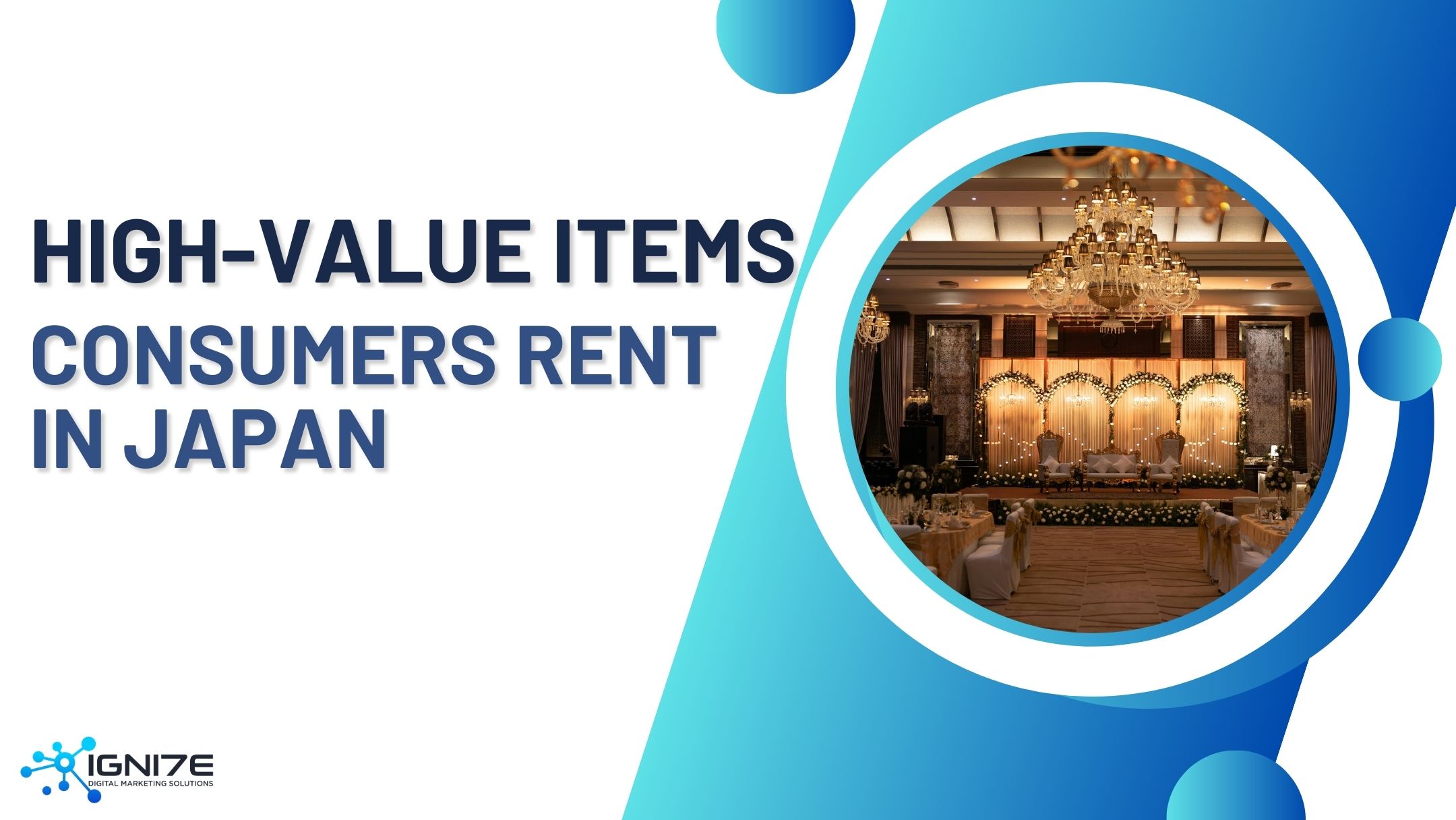Top 5 CRM Platforms for Japanese Startups

As Japan’s startup ecosystem continues to grow, particularly in SaaS, fintech, e-commerce, and B2B services, the demand for robust, flexible CRM platforms has accelerated. Startups are looking not just for systems to manage leads and sales pipelines but also solutions that integrate seamlessly with their broader tech stacks, automate workflows, and support remote collaboration.
At the same time, choosing the right CRM is just one piece of the puzzle. For foreign companies and investors entering the market, success in Japan also means understanding local business culture, adapting communications for Japanese audiences, and navigating structural challenges like hiring and outreach. These broader aspects of market entry play a crucial role in how tools like CRMs actually perform once implemented.
Localization and integration with domestic tools like LINE and Chatwork are also increasingly important. Based on current usage trends, feature sets, and local support, here are the top five CRM platforms most commonly adopted by Japanese startups today.
CRM Platforms Used by Japanese Startups
- Salesforce
- HubSpot
- Mazrica Sales (formerly Senses)
- Zoho CRM
- Microsoft Dynamics 365
- BizXaaS CRM
- HotProfile
1. Salesforce

Source: Salesforce Homepage
Salesforce remains the gold standard among Japanese startups with ambitions for rapid growth and scalability. Its strength lies in its incredible flexibility, allowing businesses to customize everything from lead management and marketing automation to customer service and analytics. Many Japanese startups choose Salesforce when they hit a particular growth stage, particularly if they're targeting enterprise clients or global markets. With full Japanese language support and a well-established partner ecosystem in Japan, Salesforce also offers integrations with domestic business tools and cloud services. Its robust reporting features, AI-powered sales insights, and deep automation capabilities make it ideal for startups looking to professionalize and scale their sales operations.
2. HubSpot

Source: HubSpot Homepage
HubSpot has gained substantial traction among early-stage startups in Japan thanks to its all-in-one approach combining CRM, marketing automation, content management, and customer service. The company launched its Japanese website to cater to the growing demand for inbound marketing solutions among Japanese businesses. Furthermore, HubSpot has established a local office in Japan, enhancing its ability to build relationships and support its Japanese customer base. HubSpot is especially popular with marketing teams prioritizing inbound lead generation, content marketing, and data-driven sales funnels.
3. Mazrica Sales (formerly Senses)

Source: Mazrica Homepage
Mazrica Sales, developed by Tokyo-based Mazrica Inc., is one of the few homegrown CRMs explicitly designed for Japanese sales teams. The company provides AI-supported sales support tools designed to maximize organizational results. Its deep integration with Japanese business tools like LINE, Chatwork, and Sansan (business card management) makes it particularly effective locally. Many Japanese startups favor Mazrica Sales because it feels familiar, is fully localized, and offers excellent customer support from a domestic team. It’s a great choice for startups that want to digitize sales operations without the overhead of more complex global platforms.
4. Zoho CRM

Source: Zoho Homepage
Zoho CRM balances affordability and functionality, making it an attractive option for startups looking for a scalable yet budget-conscious solution. With a modular approach, Zoho lets companies start simple and build more complex workflows as they grow. Zoho CRM offers multilingual support, including Japanese, and has localized training resources and partnerships. Features like AI-based lead scoring, marketing automation, and seamless integration with other Zoho apps add further value for startups managing tight operational budgets but requiring solid CRM infrastructure.
5. Microsoft Dynamics 365

Source: Microsoft Homepage
Microsoft Dynamics 365 is increasingly used by tech-savvy startups, especially those already embedded in the Microsoft ecosystem through tools like Office 365 and Azure. It offers a robust CRM platform with modules for sales, customer service, and marketing, and can easily scale as companies grow. Japanese startups that are part of larger corporate groups or preparing for enterprise sales often turn to Dynamics for its strong data integration, compliance support, and advanced analytics features. Full Japanese localization and support from Microsoft's Tokyo offices make it a practical choice for teams looking for both performance and stability in a CRM solution.
Conclusion
Japanese startups are increasingly turning to CRM platforms that balance global reliability with local adaptability. Industry leaders like Salesforce and HubSpot dominate thanks to their scalability and robust integrations, while tools like Mazrica Sales and Zoho CRM appeal for their user-friendly design and cost-effectiveness, key factors for early-stage companies. Microsoft Dynamics 365 also holds ground with strong ties to enterprise infrastructure.
As Japan’s startup scene continues to grow, trends like AI-driven insights, mobile accessibility, and tools tailored to hybrid teams are shaping CRM preferences. For startups in Japan, choosing the right CRM isn't just about features—it's about finding a platform that supports long-term growth, cultural fit, and evolving business needs. Much like link building in Japan, where relationship-driven outreach and trust-based strategies outperform typical global tactics, effective CRM adoption here often depends on how well the tool aligns with Japan’s unique business culture and communication style.
















